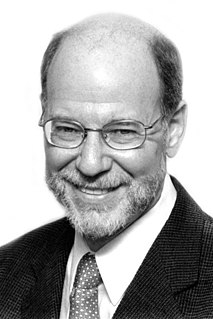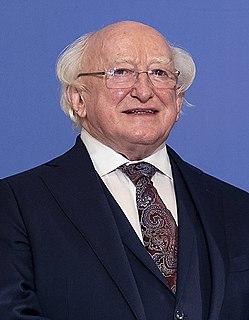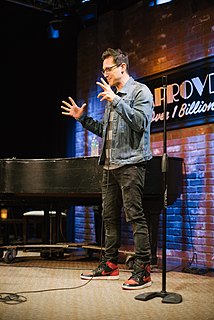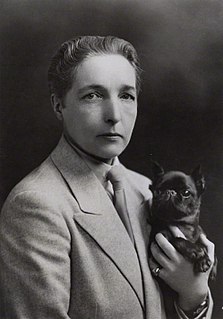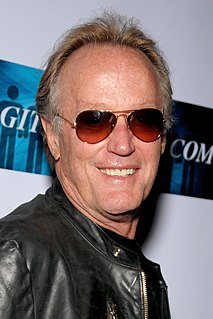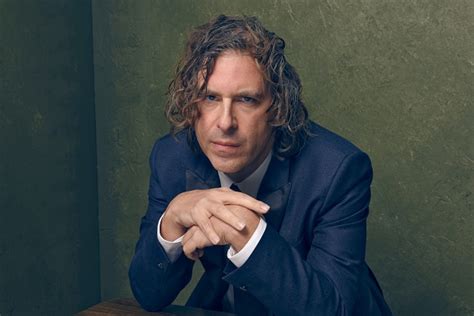A Quote by Madeleine Albright
My parents were of the generation who thought they were the children of a free Czechoslovakia, the only democracy in central Europe.
Related Quotes
Within forty years of their arrival in the Plymouth colony, the first white settlers were afraid their children had lost the dedication and religious conviction of the founding generation. Ever since, Americans have looked to the next generation not only with love and solicitude but with a good measure of anxiety, worrying whether they themselves were good parents, fearful that their children would not turn out well.
My generation those who were students in the late 60s was always, in the words of the Who, talking about our generation. That's what we thought of ourselves, as the most important thing since sliced bread. And the "we" that we meant was really the Western Europeans and American generation. And as I think back I suppose I have a sense of guilt on behalf of my generation, a sense that we were terribly provincial and didn't understand the really important stuff that was going on in Eastern Europe.
Mothers have not always had the most important role in their children's upbringing, when they had other economic roles to play. Inpast centuries, fathers were the key parent in the upbringing of the next generation, because moral training, not emotional sensitivity, was thought to be central to successful child-rearing. Mothers were thought to corrupt their little ones with too much affection and not enough stern training.
It became obvious to me that the generation who changed the world were my parents' generation, and not only in terms of the Second World War, but if you look at all the social legislation of the '60s - abortion, homosexual law reform, equal pay - it wasn't done by my generation; it was done by people who were adults.
There was a commonality in a lot of the private school experiences that I had of children whose lives were not their own. They thought they were their own, but they were essentially gifted this life by their parents. So they were spending money; they were going on trips - I guess, in a way, it is their life, but they didn't earn it.
For my generation the relationship with Europe was the central point of American foreign policy. Even during my time in government there was disagreement, sometimes very strong disagreement. But they were all like arguments within a family. I am not sure if the generation which doesn't have these experiences has the same view of things.

